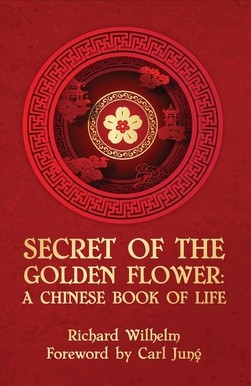Richard Wilhelm
Biography of Richard Wilhelm
Richard Wilhelm (May 10, 1873 – March 2, 1930) was a German sinologist, theologian, and missionary, celebrated for his pioneering translations of Chinese philosophical and religious texts into German.
Early life and education
Wilhelm was born in Stuttgart, Germany. He studied theology at the University of Tübingen and the University of Berlin, where he developed an interest in Chinese language and culture under the guidance of leading Orientalists of the time.
Missionary work in China
In 1899, Wilhelm was ordained as a Protestant missionary and sent to Qingdao (Tsingtao) in the German-leased territory of Shandong Province. During his 25 years in China, he:
- Learned Mandarin and classical Chinese, becoming fluent in both
- Served as a pastor to the local German and Chinese congregations
- Founded schools and promoted intercultural dialogue
- Developed deep friendships with Chinese scholars, including the philosopher Lao Nai-hsüan
Sinological contributions
After returning to Germany in 1921, Wilhelm was appointed professor of Chinese language and culture at the University of Frankfurt. He:
- Established one of Europe’s first institutes for Sinology
- Lectured extensively on Chinese philosophy, literature, and religion
- Collaborated with Carl Jung on psychological interpretations of Chinese texts
Major translations
Wilhelm’s translations remain standard works in Western sinology:
- I Ching (“Book of Changes”, 1924)
- Tao Te Ching by Laozi (1929)
- The Secret of the Golden Flower (with Carl Jung, published posthumously in 1931)
Personal life and death
Wilhelm married the Chinese woman Käthe Rosenthal in 1905; they had three children. He died suddenly of pneumonia on March 2, 1930, in Stuttgart. His grave is located in the Stuttgart Hoppenlau cemetery.
Are you the author profiled here? Email us your official website or Let us host your primary web presence.

